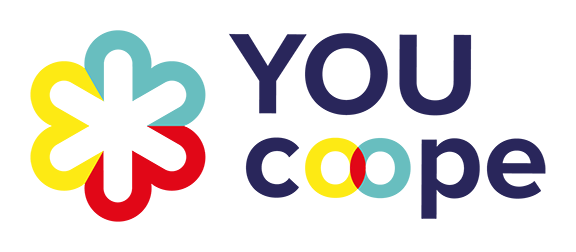
YOUCOOPE Experience for Educators
YOUCOOPE Experience for Educators
The YOUCOOPE Experience for Educators, a training itinerary specially designed for Secondary School and University Educators, has been implemented into 4 pilot editions in Spain and Italy and 2 international editions for international educators.
If we combine the figures of these pilot experiences, we get more than 100 educators trained on cooperative entrepreneurship and more than 60 training hours. And most importantly, among these 60 hours, we have had the pleasure to collaborate with more than 15 experts on cooperative entrepreneurial education.
The combination of the MOOC and live workshops has enabled the reinforcement of the knowledge acquired as well as the development of collaboration networks for Educators sharing the same passion for cooperative entrepreneurial education.
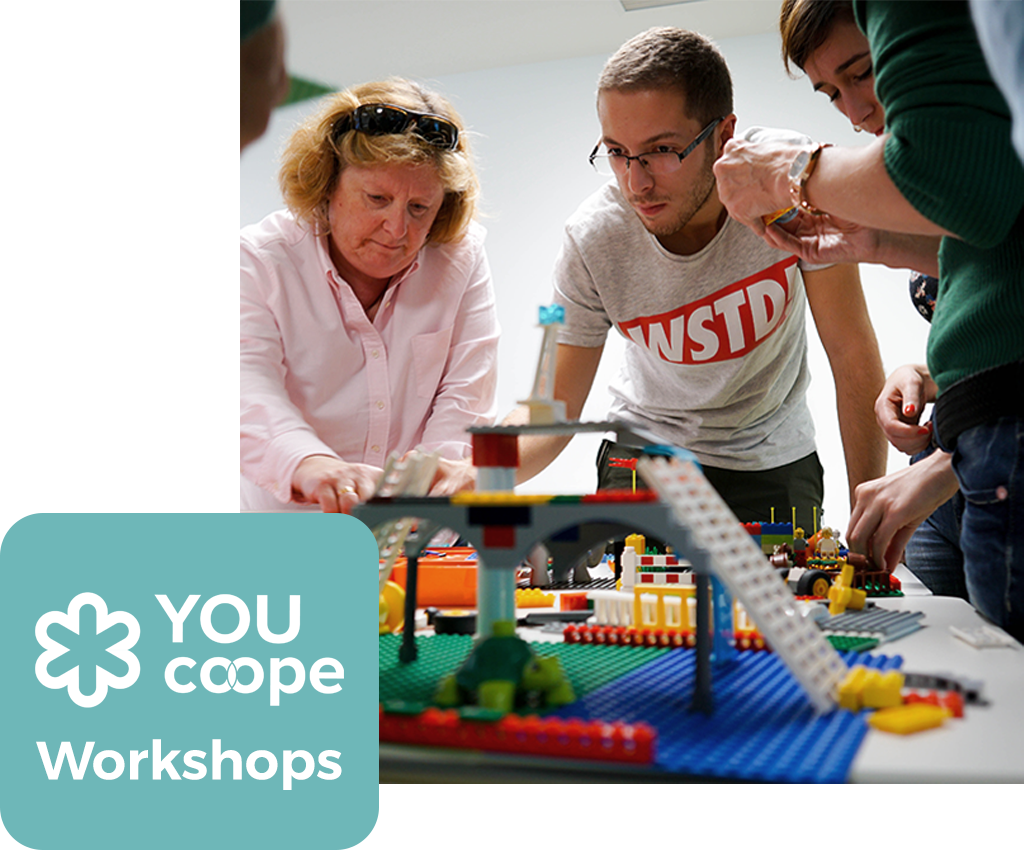
Two different target groups
Secondary Education Educators
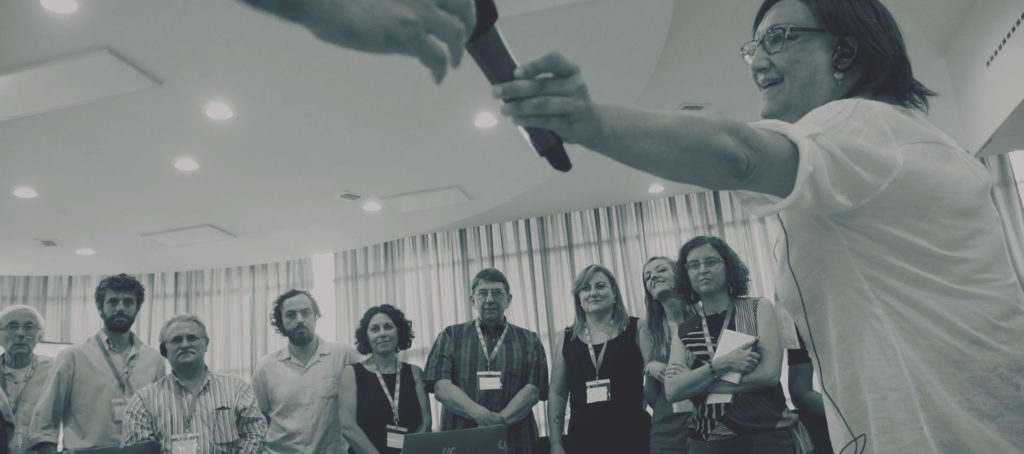
The design of the workshops for secondary education has taken into account the particularities of the teaching context in the Secondary Education level: time constraints, curricula limitations, etc. Therefore, this version of the workshops aims to accompany and provide the resources and materials needed for secondary education classes. In fact, we considered the alternation between online workshops and the MOOC as a tool in itself through which we accompany the educators during their learning process both on and offline, thereby facilitating interaction amongst them, and the opportunity to apply learning in practice. What the students learn online informs what they learn in the workshops and vice versa, thus reinforcing and deepening the learning experience.
Secondary school teachers who develop their teaching in Europe.
The methodology of these workshops is designed to be carried out simultaneously with the MOOC. Thus, as we progressed through the MOOC, the workshop sessions helped to clarify and deepen its contents.
From Monday, 4th October, 2021
to Monday, 1st November, 2021
Dates and Sessions
Experts

Irena Pistun
Irena Pistun spent her early career in music PR, also as an events producer and as head of communications for an international landmine charity. When some of the workers and customers of the cafe she founded asked if it could be turned into a co-op her interest went through the roof. Her current role as member relations at Co-operatives UK means she hears common co-op questions; how to increase your co-op profile, how to explain what your members own, how to engage investors etc. The best quote she's heard from a co-op member: "Co-ops might be more complex to set up but, my goodness, when conflicts arise they become very simple. Your rules rule and that's that." With a masters in theology, Irena is also treasurer of her community centre and church in her spare time and is keen to explore how churches could run as co-ops.

Sarah Alldred
Sarah joined the Co-operative College in 2012 as their International Programmes Manager, after four years working at Co-operatives UK, and over 10 years working in the peace movement, doing her PhD research on post conflict reconstruction. Sarah is now the Head of International Partnerships at the College overseeing the rich relationships the College has built over the years, and expanding this out into new partnerships.
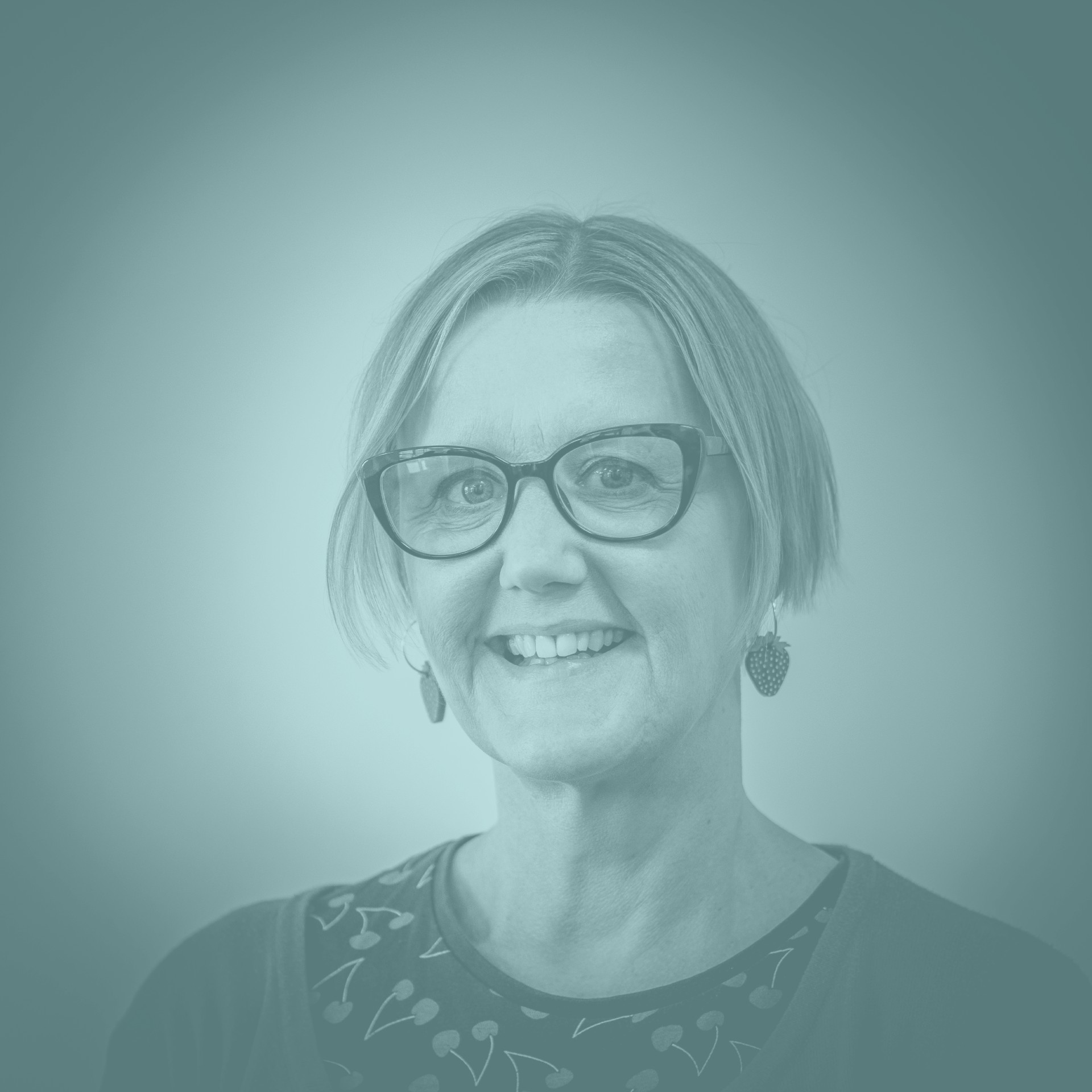
Amanda Benson
Sara is a senior researcher at Euricse, and teaches the Evaluation of social services and Economics and management of Social services courses at the University of Trento. She holds a Master’s degree in Economics from the University of Trento, and received her PhD in Law and Economics from the University of Siena. Her education was mainly focused on the institutionalist and behavioral approaches, in a view to studying social enterprises and cooperatives with an interdisciplinary approach, both from the theorical and the empirical point of view. Over the last years, thanks to a number of researches in close cooperation with cooperatives and consortia at the national level, she developed models to study the participation and motivation of stakeholders, the governance and working dynamics, the inclusion of disadvantaged workers and the evaluation of social impact, on which her scientific works are also focused.
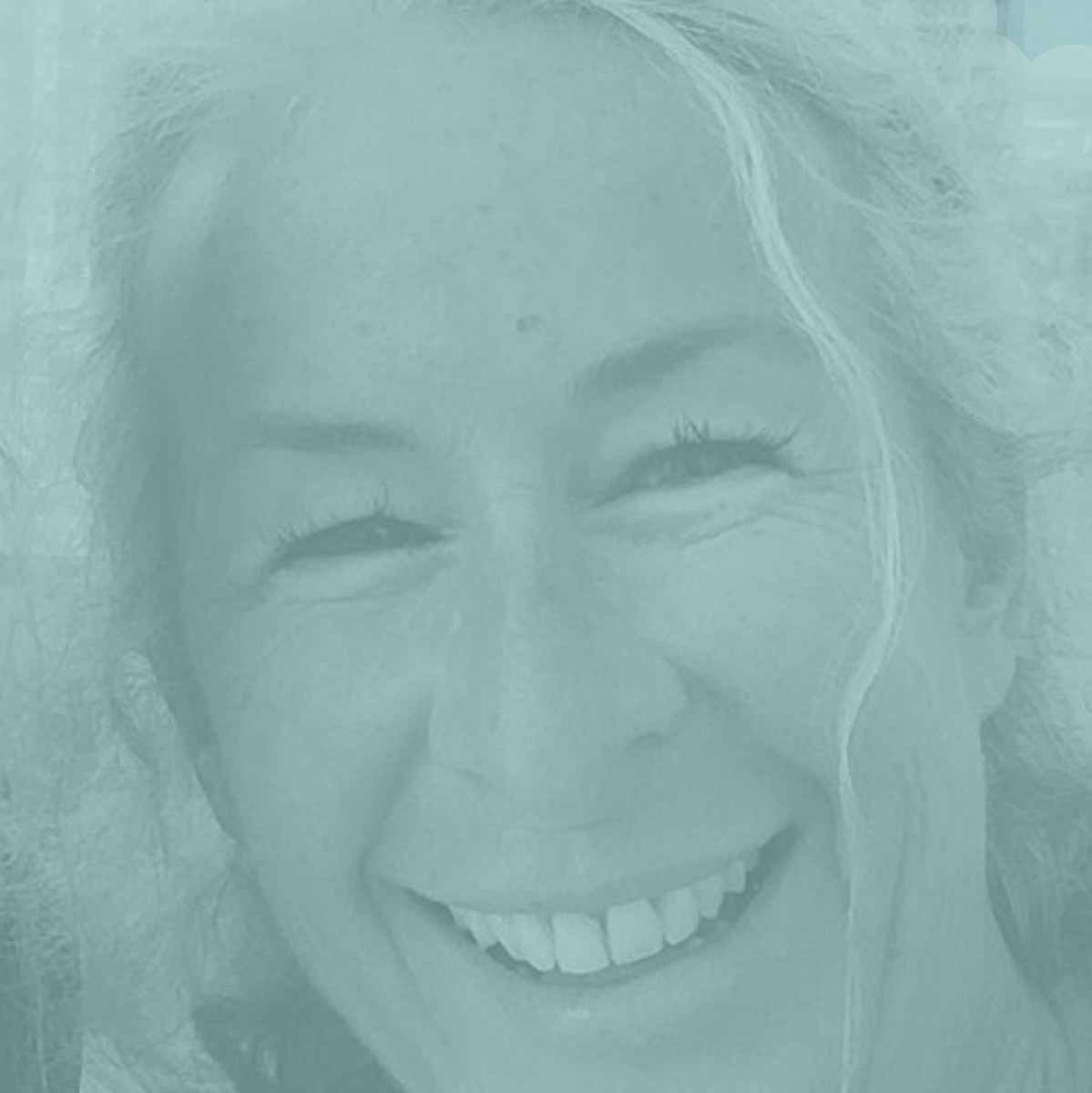
Hazel Israel
Hazel leads the development of innovative teaching and learning tools, resources and courses for Bantani. Her career has spanned being a skills educator in non-formal settings and VET, university lecturer and policy-maker with Welsh Government. She was a lead architect of the Welsh Baccalaureate skills-based qualifications and Essential Skills in Wales, chaired the national Essential Skills network in Wales and was an active member of the Wales network for Research and Practice in Adult Literacy. She has worked on teacher training qualifications design and delivery and has been an early adopter of digital and online learning.
Resources
Click on the button below to access all the materials and expert interventions from this edition.
Secondary school teachers who develop their teaching in Europe.
The methodology of these workshops is designed to be carried out simultaneously with the MOOC. Thus, as we progressed through the MOOC, the workshop sessions helped to clarify and deepen its contents.
From Monday, 4th October, 2021
to Monday, 1st November, 2021
Dates and Sessions
Experts

Francesco Garcea
Francesco Garcea is co-ordinator of training and projects at the Escuela Andaluza de Economía Social, where he supports the implementation of cooperative entrepreneurship and social economy projects and the training of professionals and managers of cooperatives and social organisations in Spain, Europe and Latin America. Passionate about agile approaches, he works to help organisations combine business and social vision.
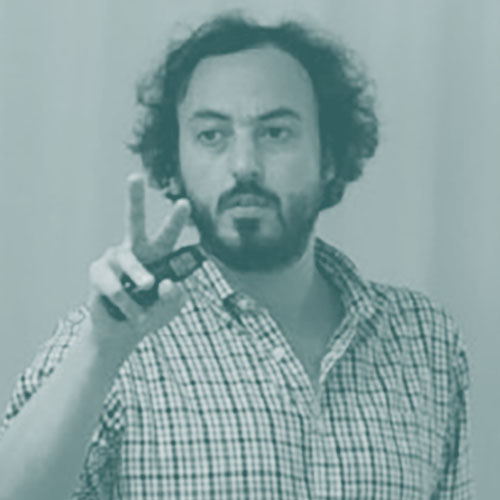
Javier Vallina
Javier Vallina is an Entrepreneurship Education Program Tutor at Valnalón. He has a Degree in Education, and Graduated in Teaching. Since 2007 he has worked at Ciudad Tecnológica Valnalón within the department of Entrepreneurship education as responsible technician for educational projects for the promotion of the entrepreneurial mindset on the different levels of the educational system. Mainly linked to Secondary Education projects such as TMP (Entrepreneurship Workshop – Chalenge based learning project with students and entrepreneurs), EJE (European Youth Enterprise – Project for the creation of mini co-operatives) and JES (Young Social Entrepreneurs – Social entrepreneurship), he also participates in projects for Primary Education, Upper Secondary and Vocational Training as well as in European projects. Member of the European project ECOOPE (2017-2018).
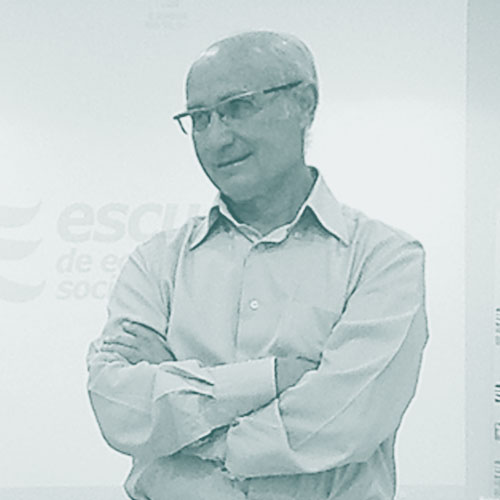
Antonio Cancelo
Antonio Cancelo. Ex-president of the Mondragón Co-operative Group (MCC). One of the founders of Eroski, of which he was Managing Director. A leading figure in the Spanish and European co-operative movement, teaching expert and consultant to large co-operative groups at a national level. Antonio Cancelo has led business and social innovation projects that have contributed to the creation of thousands of jobs, generating wealth and local development, exemplifying leadership based on co-operative ethics and values, which shuns individualism and personal interest in order to pursue the collective good.
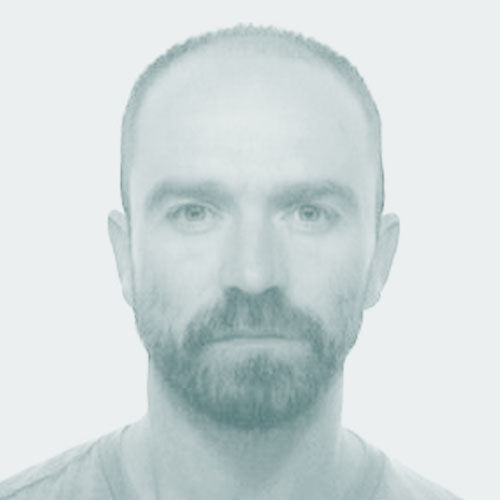
Iván Diego
Iván Diego is Project Manager at Valnalon. In the last decade he has worked alongside practitioners, researchers and policymakers across Europe in the design of policies, teaching resources, teacher training, research and know-how transfer in the field of entrepreneurship education, social innovation, STEAM, graduate tracking and other education-related topics.
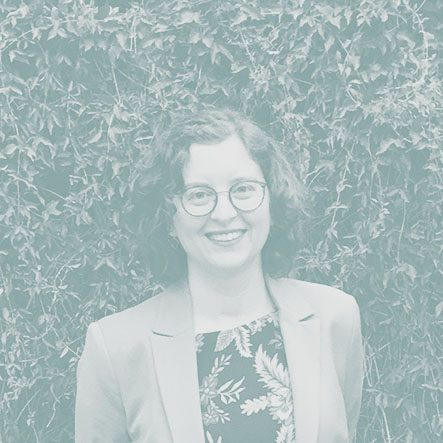
Laura Ferri
Laura Ferri has a Law and a Human Resources Degree. She also holds a Master’s Degree in employment and labour market. During the last 18 years she has been a Vocational Guidance teacher in Valencia (Spain) and she has also helped future teachers achieve their goals as part of the Secondary School Master’s Degree at UOC (Open University of Catalonia). Besides, she published “Entrepreneurship studies at the Spanish educational system from a critical point of view”, which received an Aracoop award from the Catalan Government. In 2018, her book in collaboration with Francisco Javier Cano “Social entrepreneurship: the challenge of social change” was published by Tirant lo Blanch publisher. Currently, she is Service Chief in the General Comission on professional training and special teaching from the «Consellería de Educación de la Generalitat Valenciana».
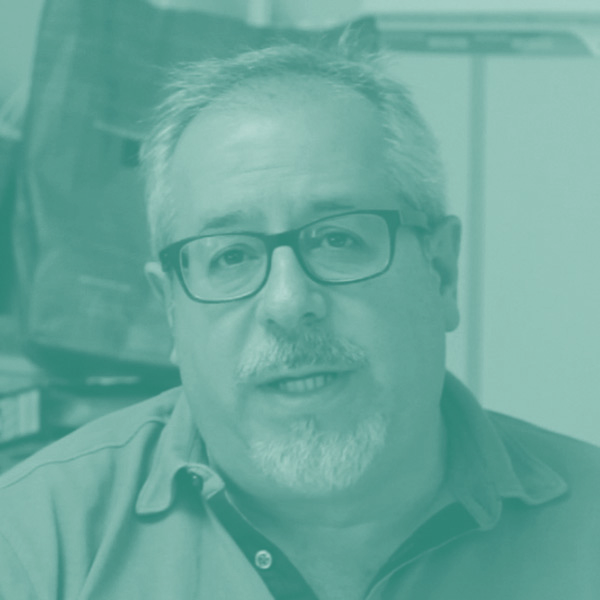
Pepe Albors
Pepe Albors is a project manager and head of entrepreneurial developement at FEVECTA (Federación Valenciana de Empresas Cooperativas de Trabajo Asociativo). Involved in the dissemination of cooperative entrepreneurship, he believes in economic democracy and the co-operative model as the best way to carry it on. With a large 37-year -experience in this field, his goal is to help others understand the basis of the co-operative model and drive sustainable entrepreneurial projects
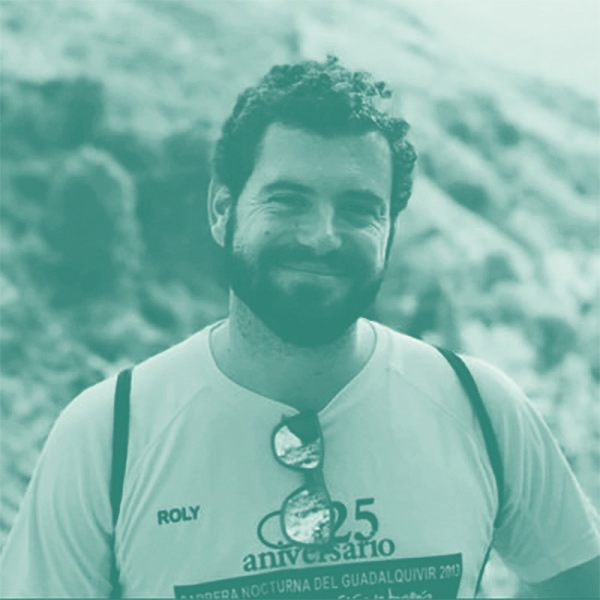
Álvaro Oliver
Álvaro Oliver Gómez graduated on Pedagogy and has a degree in Psychopedagogy from the University of Seville. Since his first work experience, he has been dedicated to pedagogy and the social field, working first in a centre for juvenile offenders in Carmona. Subsequently, for the last 16 years, he has been a teacher at the Antonio Gala school, a teaching cooperative belonging to the Andalusian educational cooperative network ACES, of which he is currently vice-president. He has worked as a primary school teacher and then as a teacher of Basic Vocational Training. In his professional career, he has been involved in different educational projects from the cooperative he belongs to and, for the last 7 years, he has been combining his activity as a teacher with the management of the ERGOS Vocational Training project in Dos Hermanas, which aims to offer an alternative training with a service-based learning methodology, promoting open and inclusive education, connected to the social context. He is also co-founder of the NGO Sonríe por África, a cooperation project focused on the development and awareness of education in values.

Joan Gandía
The Faculty of Economics and participation in a seminar on co-operatives were the cooperative school for Joan Gandía. Nearly 40 years at the worker cooperative Florida Training Centre contributed to his professional development as a teacher in the field of vocational and university training. As a member of the cooperative, he also assumed management responsibilities and positions as representative to the Governing Council and President of the cooperative. At FEVECTA he made his contribution to the co-operative movement, through his presence on the Governing Council and as President. He currently participates in the Federation as a collaborator in the ESSCOOP projects, aimed at disseminating the Social Solidarity and Cooperative Economy in the educational framework, and MIGRACOOP, which aims to promote cooperative initiatives, with the participation of migrants, in the empty Valencian Community.
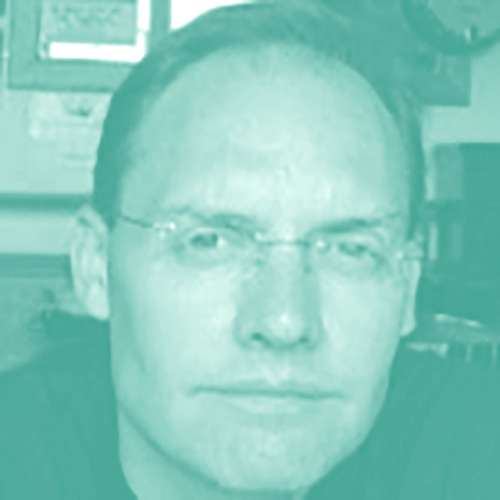
Juan Carlos García
Juan Carlos García is the 1st vice-president of ACES (Andalusian Association of Social Economy Education Centres), with 5 years of experience in this role, representing more than 140 Social Economy education centres, from nursery to post-compulsory education and vocational training. He is in charge of coordinating school innovation and entrepreneurship projects and conferences on good teaching practices, promoted by the association. Also, he has been a founding member and teacher for 29 years at La Loma teaching cooperative in Dos Hermanas (Seville) and has coordinated school entrepreneurship projects at the centre for more than five years. He has been a founding member of the Andalusian Network of ApS for 5 years and is currently a member of the board of Redaps (Spanish Network of Service Learning), both organisations focused on promoting entrepreneurial projects with a social focus, linking student learning with service to the community in their immediate environment, in order to improve it.
Resources
Click on the button below to access all the materials and expert interventions from this edition.
Secondary school teachers who develop their teaching in Italy.
The methodology of these workshops is designed to be carried out simultaneously with the MOOC. Thus, as we progressed through the MOOC, the workshop sessions helped to clarify and deepen its contents.
From 16th March 2021
to 30th March 2021
Experts
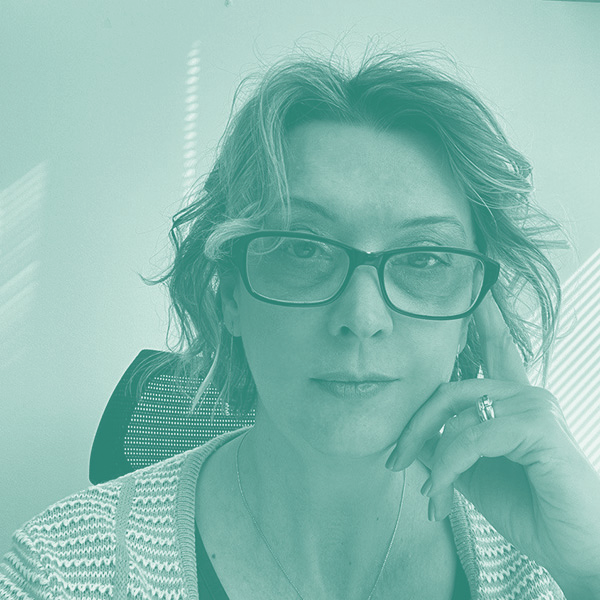
Elena Badeanschi
Elena Badeanschi is the coordinator of the international activities and projects in the Federazione trentina della cooperazione. She has designed many EU projects on cooperative skills development, collaborative training and innovative tools for sustainability and development of cooperative and social enterprises. She has consolidated experience in the assessment and validation of learning outcomes acquired in non-formal contexts. She has designed the definition and the formal accreditation of the job profile for cooperative managerial figures within Trentino Cooperation (Italy) where she is responsible for the validation of learning outcomes dossiers.

Francesco Garcea
Francesco Garcea is co-ordinator of training and projects at the Escuela Andaluza de Economía Social, where he supports the implementation of cooperative entrepreneurship and social economy projects and the training of professionals and managers of cooperatives and social organisations in Spain, Europe and Latin America. Passionate about agile approaches, he works to help organisations combine business and social vision.
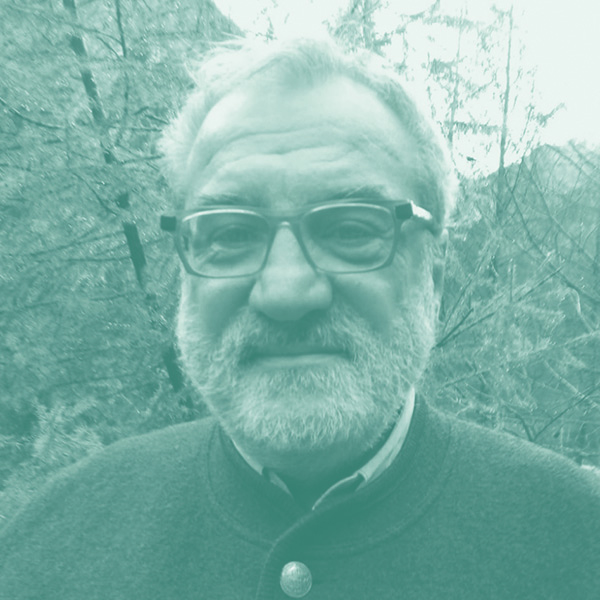
Paolo Tonelli
A leading figure in the Trentino cooperative movement from 1992 to 2015, Paolo Tonelli was director of the Consorzio Lavoro Ambiente (50 associated work cooperatives) and assistant president of the Federazione Trentina della cooperazione. He is currently vice-president of the Arcobaleno social cooperative and a member of the board of directors of the Arco Pegaso work cooperative. From 1971 to 1992, he held elected political positions at regional level dealing with social, labour and migration issues. He has been a member of the association Trentini nel Mondo, president of the Centro per la Formazione alla Cooperazione Internazionale in Trento and has participated as a speaker in numerous national and international training courses and conferences. She has consolidated experience in the assessment and validation of learning outcomes acquired in non-formal contexts. She has designed the definition and the formal accreditation of the job profile for cooperative managerial figures within Trentino Cooperation (Italy) where she is responsible for the validation of learning outcomes dossiers.
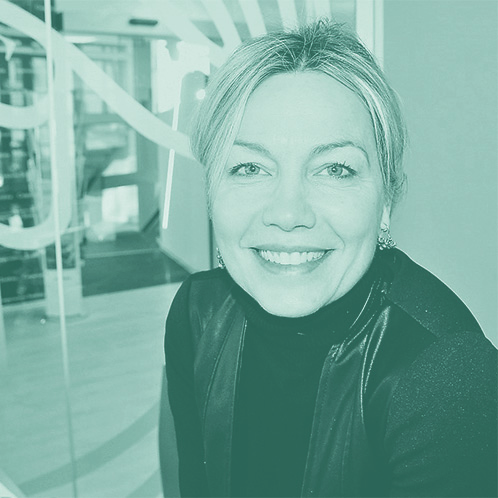
Arianna Giuliani
Since joining the Federazione Trentina della Cooperazione in 1987, Arianna Giuliani has worked in different roles within the co-operative movement (coop start-up office consultant, European projects office co-ordinator, fund-raising and financing consultant). This diversified professional experience, led she to study in depth the complexity and variety of the co-operatives. In 2016 has matured the importance of passing this heritage and culture to the younger generation and began working in the Area of Training and Cooperative Culture, for the promotion of co-operative values combined with entrepreneurial skills, starting from primary school. Currently she is co-ordinator of the Educacoop Team.
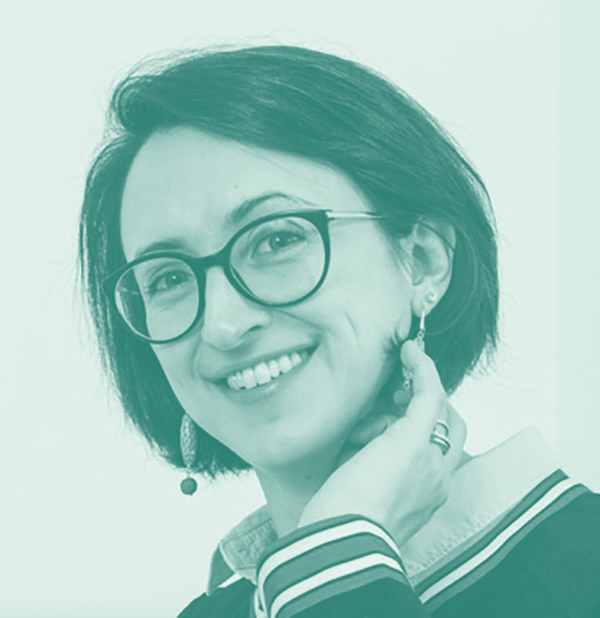
Paola Ziliani
Paola Ziliani, psychologist and psychotherapist with specific training in the area of adolescence. She has been working in educational planning and social animation activities since 2009, in collaboration with LEN soc. coop. in Parma, in the area of professional training and human resources. Since 2011 she has been in charge of coordinating and conducting school projects especially dedicated to cooperative education, both short projects and annual long projects, called simulated cooperative enterprise, within the “Alternanza scuola-lavoro”. In 2016 she took part in the European Erasmus + Project #Cooplab – The Coopworking Experiment. In collaboration with the partners involved, she dealt with the conception, drafting and finally the Italian testing in the classroom of the Start to coop teaching materials: a growing 5-step methodology consisting of activity sheets and interactive guides to support teachers, educators and trainers who want to lead a learning path to start an educational project with young people in a cooperative atmosphere.
Resources
Click on the button below to access all the materials and expert interventions from this edition.
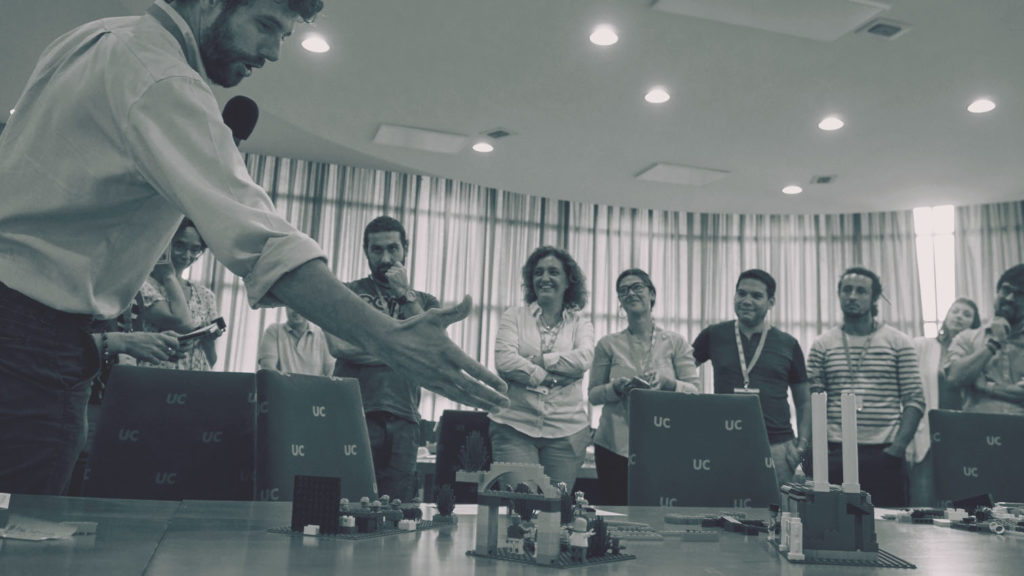
The workshop experience design has been developed to address the particularities of the university community and, particularly, the needs of its educators. For instance, two different versions of the workshops for higher education had been developed, since educators can have different levels of confidence and proficiency, different learning goals and varying teaching environments. Both models aim to fulfil the same objective: providing the necessary knowledge to put into practice cooperative entrepreneurial education into universities. However, the two versions had a slightly different methodology to accommodate different participant knowledge level.
The beginners workshop focuses primarily on reinforcing the content of the MOOC and providing some tools for the educators to develop their knowledge. The more advanced version takes into account that participants already have some knowledge of the cooperative model and its advantages and therefore is more focused on how to design and implement classroom learning.
University professors who develop their teaching in Europe.
The methodology of these workshops is designed to be carried out simultaneously with the MOOC. Thus, as we progress through the MOOC, the workshop sessions will help to clarify and deepen its contents. However, if you have already completed the MOOC, the workshops will work as a refresher.
From Tuesday, 5th October, to Tuesday 2nd November.
Dates and Sessions
T
Experts
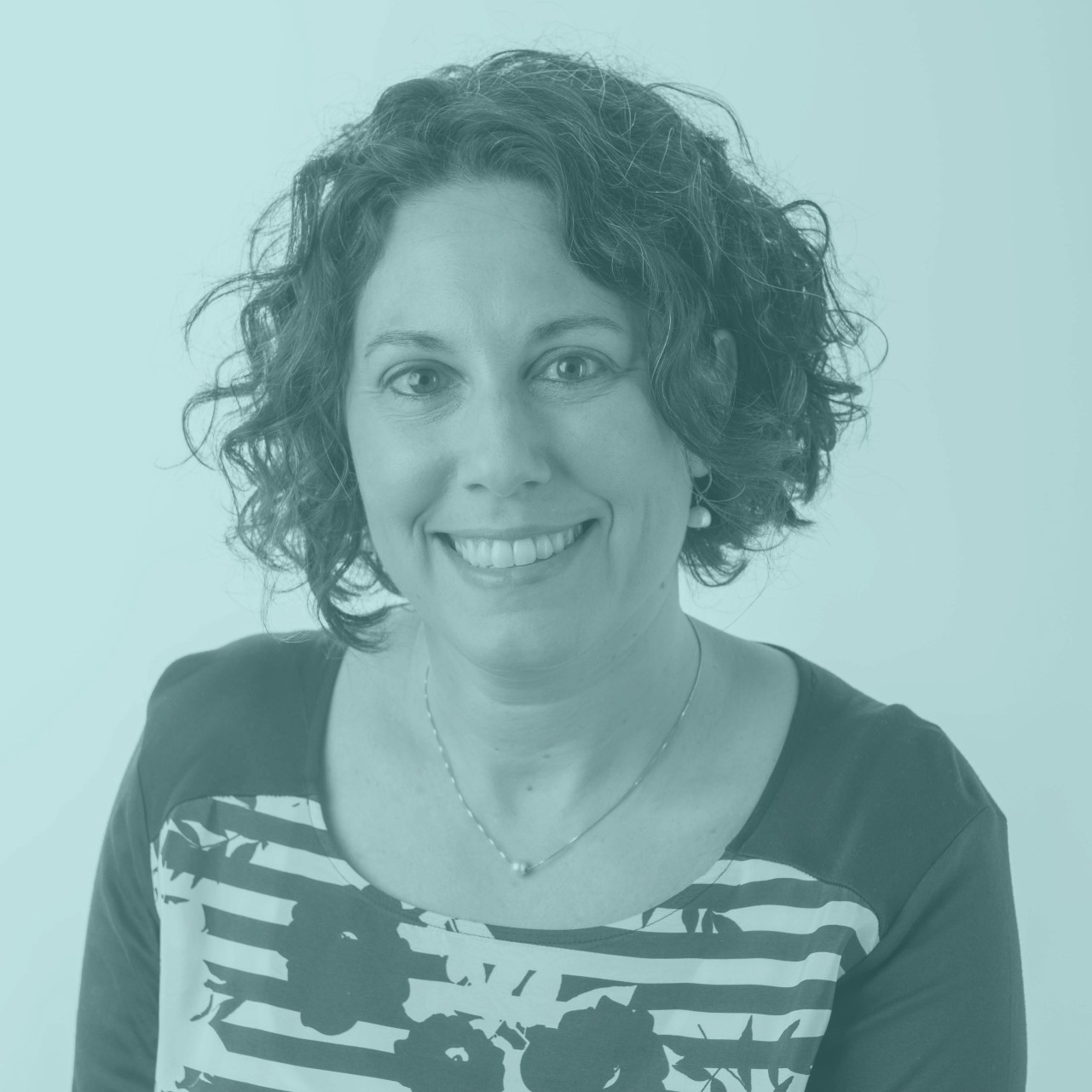
Ilana Gotz
Ilana Gotz is a project manager at Euricse, working primarily on initiatives and research related to the cooperative movement at the international level. She manages the World Cooperative Monitor, Stories.coop, and contributes to various projects related to international training and network building, such as Youcoope and Ecoope. She joined Euricse in 2010, coming from the United States, where she obtained a Bachelor’s degree in Communication Studies from UCLA and a Master’s degree in Social Service Administration, with a concentration on Community Development and Organizing, from the University of Chicago. In the United States she worked in the non-profit sector in roles pertaining to project management and community building.

Sarah Alldred
Sarah joined the Co-operative College in 2012 as their International Programmes Manager, after four years working at Co-operatives UK, and over 10 years working in the peace movement, doing her PhD research on post conflict reconstruction. Sarah is now the Head of International Partnerships at the College overseeing the rich relationships the College has built over the years, and expanding this out into new partnerships.

Amanda Benson
As the Co-operative College Curriculum Development Manager, Amanda is able to unite her love of community development, curriculum design and research projects in one post! She helps to promote sustainable and inclusive development, both in the UK and worldwide. Outside of work, Amanda enjoys the theatre, live music, long walks and being outdoors...

Hazel Israel
Hazel leads the development of innovative teaching and learning tools, resources and courses for Bantani. Her career has spanned being a skills educator in non-formal settings and VET, university lecturer and policy-maker with Welsh Government. She was a lead architect of the Welsh Baccalaureate skills-based qualifications and Essential Skills in Wales, chaired the national Essential Skills network in Wales and was an active member of the Wales network for Research and Practice in Adult Literacy. She has worked on teacher training qualifications design and delivery and has been an early adopter of digital and online learning.
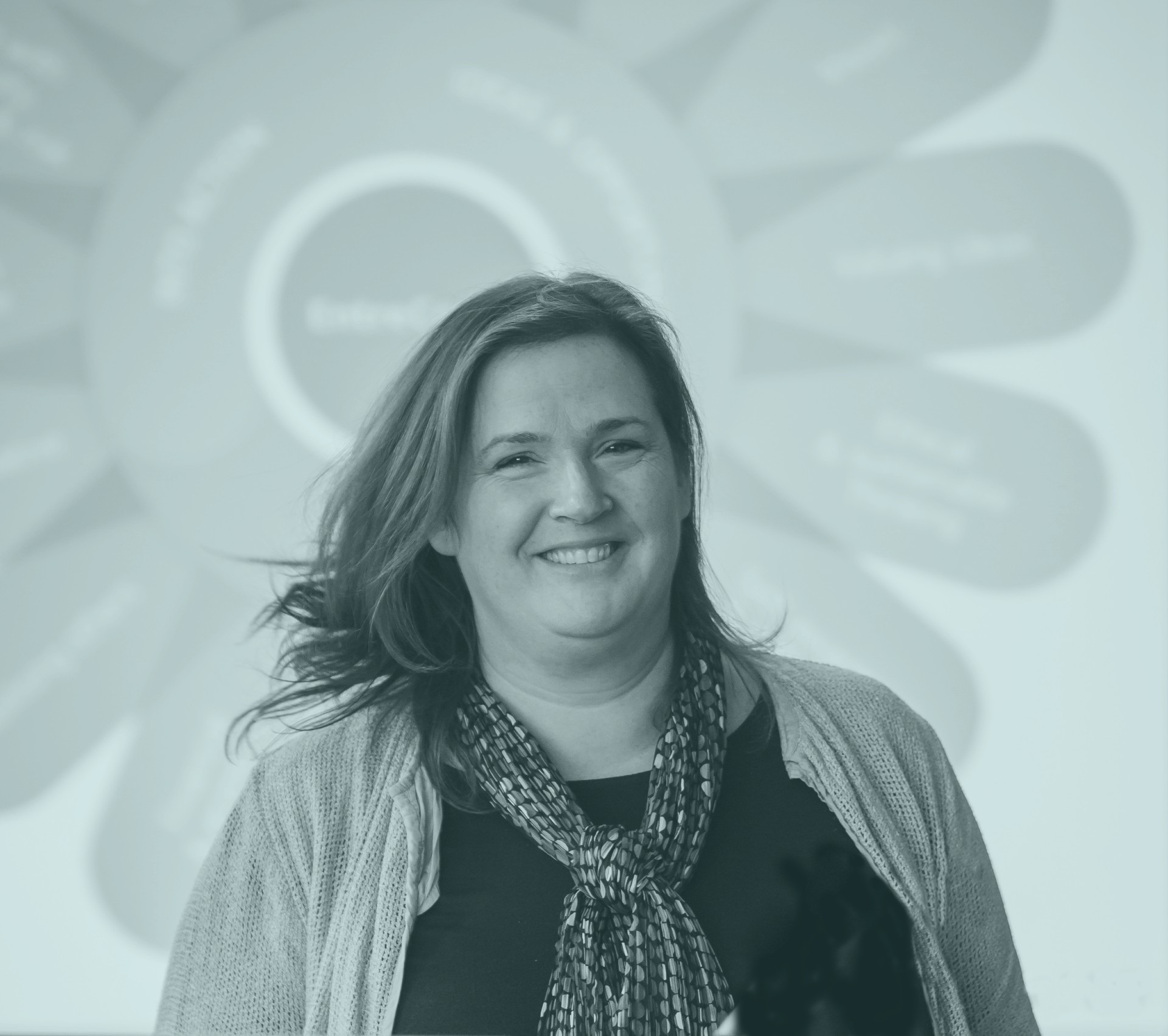
Elin McCallum
Elin has a strong background in European policy, practice and evaluation, focused on entrepreneurial education and entrepreneurship for economic development. Positive, motivated and able to engage partners at all levels, she has 16 years’ experience leading entrepreneurship education policy for DG Education and Wale’s; Youth Entrepreneurship Strategy for Welsh Government, and has been influences by her experiences as a youth worker developing life-skills with disadvantaged youth in the south Wales valleys and volunteer teacher in rural Zimbabwe. She works as an EU expert, has published widely and is a frequent speaker at international conferences and events.

Nazik Beishenaly
Nazik Beishenaly is a post-doctoral researcher at the University of Leuven (KU Leuven), where she works on the role of cooperatives in international development and cooperative entrepreneurial ecosystems. She is also the research advisor at the ICA on the contribution of cooperatives to the Sustainable Development Goals. Nazik holds a Master degree from the University of Oxford (UK) in Public Policy, and a PhD degree in Economics from the Grenoble Alpes University (France). She has extensive policy advisory experience with governments and with the UN agencies on social and economic development policies.

Danilo Salerno
Danilo currently is the Director of Cooperatives of the Americas, Region of the International Cooperative Alliance. Additionally, he serves as Special Adviser of the ICA Global Office for Cooperation with FAO, IFAD and WFP Born in Italy, Danilo Salerno has an extensive professional record within the cooperative movement, both at domestic and international level. He has a Degree in Political Science from the University of Bologna, with a thesis on the emergence of the Chilean cooperative movement. He also has a Master Degree in Non-profit Organizations and European Project Management(ASVI, Rome) as well as a Master Degree in European and International Relations (La Sapienza University, Rome); additionally, he has a Diploma in Latin American Studies from the Italian-Latin American Institute, Rome.
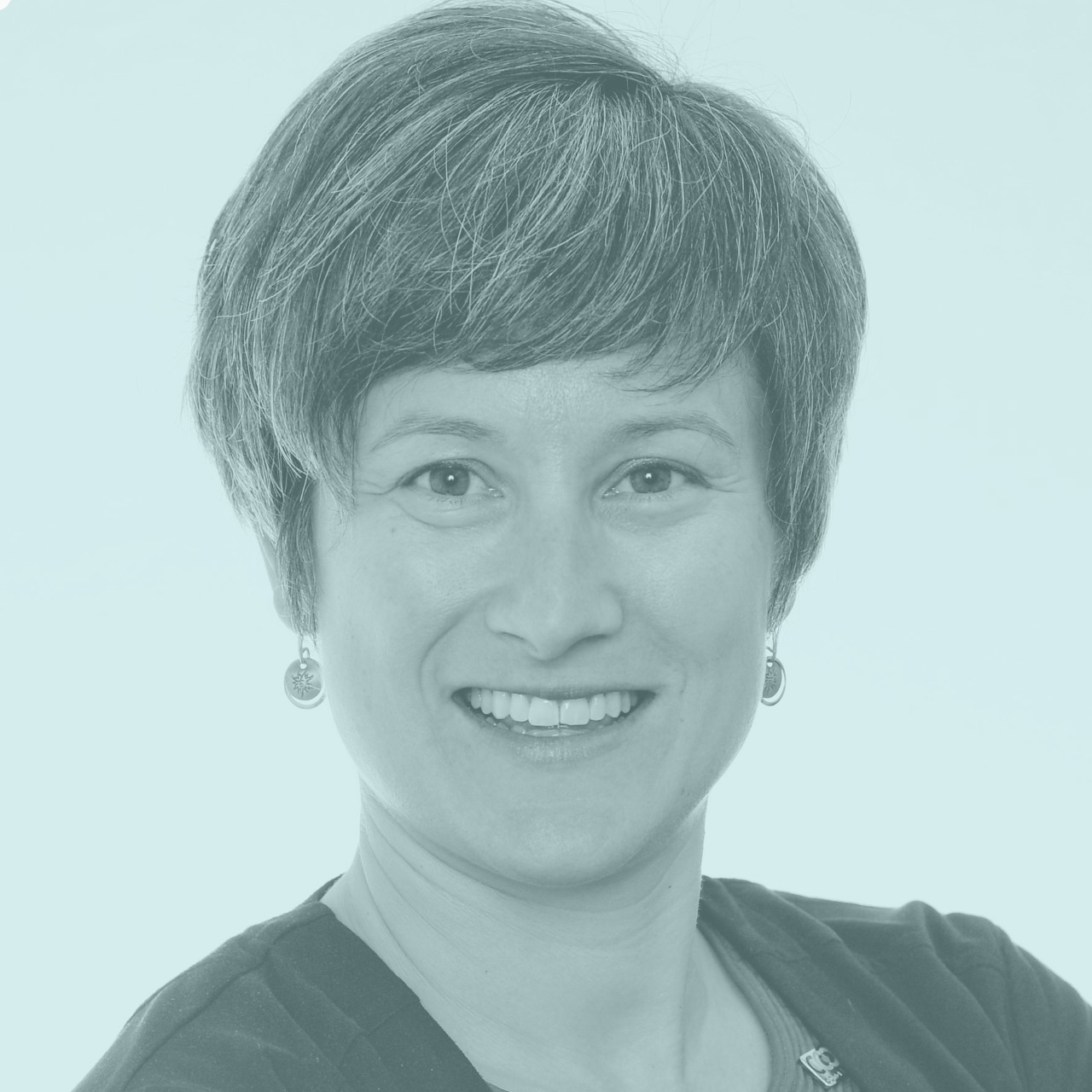
Karen Miner
Karen Miner, Managing Director, International Centre for Co-operative Management (Saint Mary’s University, Canada) She is an expert in values-based business, with an emphasis on co-operatives, mutuals, and credit unions. She combines her interest in people-centred enterprises with a deep understanding of the complex and evolving nature of environmental, social, and economic systems. Plus, Karen has expertise in a wide range of areas - governance, strategy, business management, and even the UN Sustainable Development Goals. Karen is the Managing Director of the International Centre for Co-operative Management (Saint Mary’s University, Canada) where she develops global relationships and networks, shares and exchanges knowledge, and researches democratic governance systems.
Resources
Click on the button below to access all the materials and expert interventions from this edition.
High-level teachers and educators who develop their teaching practice in Italy.
The workshops are designed to take place after learning the contents of the MOOC.
From 18th of February 2021
to 4th March 2021
Experts
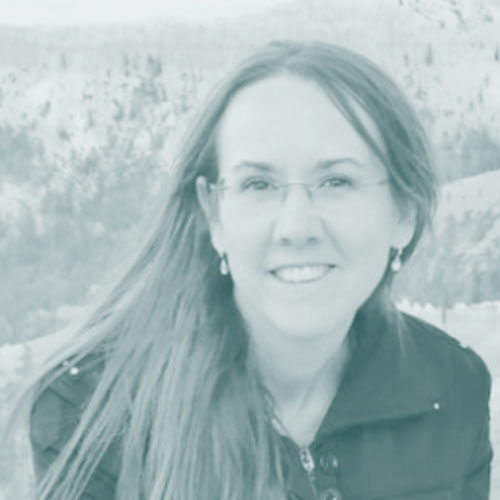
Sara Depedri
Sara is a senior researcher at Euricse, and teaches the Evaluation of social services and Economics and management of Social services courses at the University of Trento. She holds a Master’s degree in Economics from the University of Trento, and received her PhD in Law and Economics from the University of Siena. Her education was mainly focused on the institutionalist and behavioral approaches, in a view to studying social enterprises and cooperatives with an interdisciplinary approach, both from the theorical and the empirical point of view. Over the last years, thanks to a number of researches in close cooperation with cooperatives and consortia at the national level, she developed models to study the participation and motivation of stakeholders, the governance and working dynamics, the inclusion of disadvantaged workers and the evaluation of social impact, on which her scientific works are also focused.
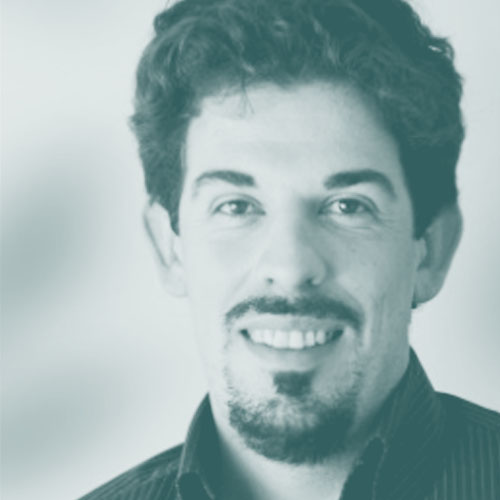
Paolo Fontana
Paolo graduated in sociology. He coordinates the activities of the training area of Euricse. He is in charge of organizing the Master in Management of Social Enterprises, focusing on the teaching activities, the realization and supervision of traineeships and on activities to favor the placement of the Master’s students. He participated in the creation of Iris Network and in the realization of the National Workshop on social enterprise. He developed competences in planning personalized educational schemes for the managers of social and cooperative enterprises. He promoted and organized events, conferences, summer schools and educational activities for managers working in the cooperation sector. He contributes to realizing European projects. He is interested in innovation and in the competences for cooperative and social entrepreneurship.
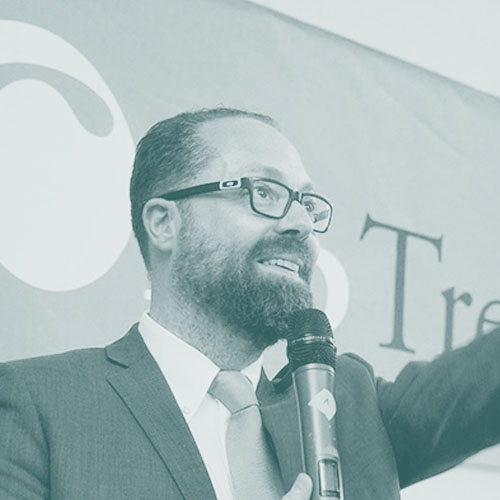
Alessandro Rossi
Alessandro Rossi is Associate Professor in Management at the University of Trento, Department of Economics and Management. He is a 20-year-experienced researcher in diverse fields related to innovation, business and education. Member of the research group STEIN (Strategy, Entrepreneurship and Innovation Lab), he got his PhD in Management and Organization from the University of Udine. He leads the Contamination Lab Trento, the coworking facility of UniTrento which promotes academic education on soft skills, creativity, innovation, entrepreneurship and intrapreneurship. Alessandro has extensive experience in designing educational curricula related to technology transfer, entrepreneurship, placement, orientation and internationalisation, so as designing and delivering educational programmes in entrepreneurship and innovation for secondary level schools and vocational training school and mentoring and advising startup teams and projects.
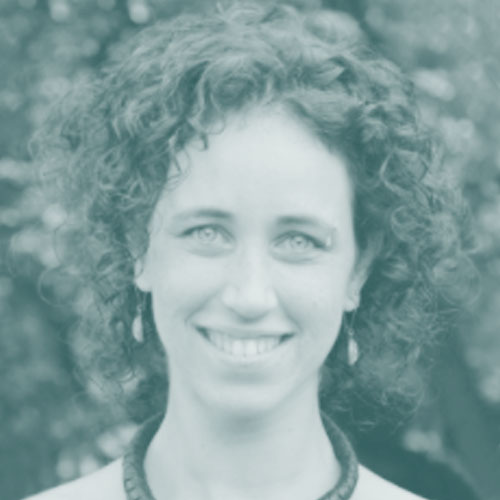
Gloria Cannone
Gloria has always been passionate about non-traditional and laboratory education. She is involved in offer the opportunity to young people, to develop their talents and discover their future as entrepreneurs, and firmly believes that entrepreneurial action designed to create an impact on others can create a better world. Graduated in social work, she made a change into the field of business and, after a year of learning many new things about innovation and startups, she was introduced to Enactus and she was able to rekindle her passion for social impact in entrepreneurship. She deals full-time Clab Trento (courses organization, space management, relations with students, institutions and student associations) and she usually dedicates her free time to cultural and local projects.
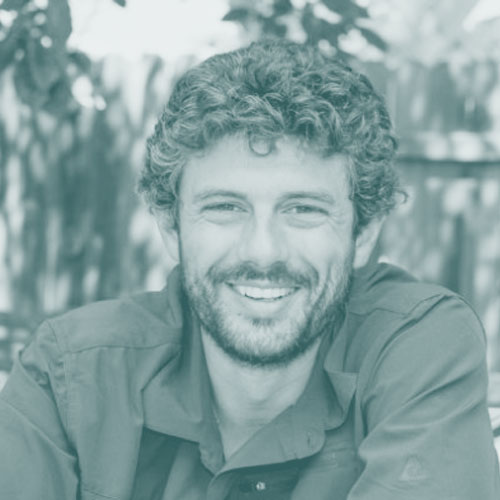
Riccardo Bodini
Riccardo Bodini is the Director of Euricse. He joined the Institute in 2010 to work on project development, and has since held positions as Coordinator (2012-2015) and General Coordinator (2016-2018). In addition to managing the Foundation, Riccardo works directly with public sector agencies, cooperatives and social enterprises on applied research and consulting projects ranging from strategic planning and organizational design to policy analysis. Prior to joining Euricse he spent nine years in Chicago working for RW Ventures, an organization specialized in urban and regional economic development, where he worked closely with businesses, foundations, think tanks, government, and community-based organizations on a variety of projects designed to foster business development in underserved urban areas. Riccardo graduated summa cum laude in Communication studies at the University of Bologna and has a Master in Public Policy from the University of Chicago.
Resources
Click on the button below to access all the materials and expert interventions from this edition.
University professors who develop their teaching in Spain
The methodology of these workshops is designed to be carried out simultaneously with the MOOC. Thus, as we progress through the MOOC, the workshop sessions will help to clarify and deepen its contents. However, if you have already completed the MOOC, the workshops will work as a refresher.
From 3rd of June 2021
to 17th June 2021
de 17:30 a 19:30h.
Experts

Adoración Mozas
Adoración holds a degree in Economics and Business Administration from the University of Malaga and a PhD and Extraordinary Doctorate Award in the same speciality from the University of Jaén. She is currently a Professor of Business Organisation at the University of Jaén. Her research activity focuses on the study of the Social Economy and cooperatives, which has led her to participate in 25 research projects, of which she has been Principal Investigator on 7 times. She is currently President of the International Centre for Research and Information on the Public, Social and Cooperative Economy CIRIEC-Spain and a member of the Board of the Instituto de Estudios Giennenses.
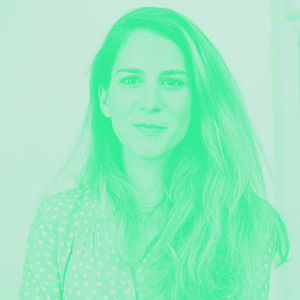
Alexandra Yaghil
Alexandra splits her time between her role as Projects Lead at Bantani Education and as Consultant on fundraising and project management in the social entrepreneurship arena. She is currently leading on two EU-funded projects seeking to gather data and support the development, improvement and mainstreaming of entrepreneurial learning across all levels of education. She is also an expert evaluator for the European Commission on social innovation and entrepreneurship themes. Alexandra has a passion for designing, fundraising for and managing social innovation projects.
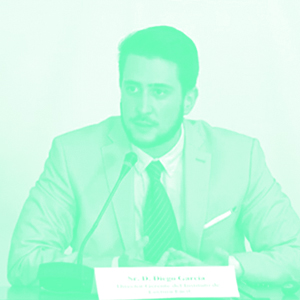
Diego García
Diego García holds a degree in Law and Political Science and Administration from the Pablo de Olavide University, Seville, is an expert in Management and Technology of Public Innovation from the University of Alcalá de Henares and is an advisor to the Chair of Social Economy, Ethics and Citizenship at the Pablo de Olavide University. He is also a professor authorised by the Ministry of the Interior for legal training in Private Security and a professor at the Andalusian School of Public Security. He is also President of Instituto Lectura Fácil, a second-degree cooperative entity that offers accessibility and social responsibility services and solutions to Public Administrations and private entities; and Managing Director of Cuarto Sector, a consultancy firm specialising in Public Transparency and public policies within the framework of open government.
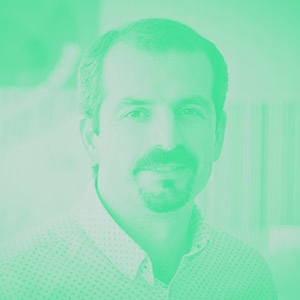
José Ignacio Rodríguez Gutiérrez
Project manager with more than 20 years of experience. Expert in the design and implementation of innovative educational programmes aimed at entrepreneurship, he is an expert in CISE both in the European Union’s EntreComp framework and in team development and methodological design based on entrepreneurial competences, lean start-up tools, etc. He is also the coordinator of CISE training programmes for VET, Secondary Education and University, as well as SME support programmes, including the CISE Mentroing Network.
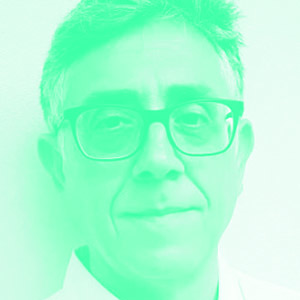
Juan J. Jimenez Moreno
Juan J. Jiménez Moreno is University Professor (1999) in the Area of Business Organisation, attached to the Department of Business Administration, in the Faculty of Economics and Business Studies at the University of Castilla-La Mancha (UCLM) and, between 2004 and 2007, he was Academic Director of the Vice-Rectorate of the Albacete Campus and Entrepreneurial Projects, in charge of the UCLM-Emprende Programme. He is also a Spanish researcher for the GESt-study: Start-up Behavior and Entrepreneurship Motivation of Students and since 2012 he holds positions of responsibility in different entrepreneurship programmes and projects, such as Director of the Global Entrepreneurship Monitor (GEM) of Castilla – La Mancha; Director of the Global University Entrepreneurial Spirit Student’s Survey (GUESSS) for the UCLM, since 2014; President of the Entrepreneurial Function and Business Creation Section of ACEDE, between 2016 and 2018; with regular presence in the Yuzz/Explorer programme for the promotion of entrepreneurship projects among young people, as an expert in 2014, as a tutor in 2014 and 2015 and as a mentor in 2020.

Antonio Cancelo
Antonio Cancelo. Ex-president of the Mondragón Co-operative Group (MCC). One of the founders of Eroski, of which he was Managing Director. A leading figure in the Spanish and European co-operative movement, teaching expert and consultant to large co-operative groups at a national level. Antonio Cancelo has led business and social innovation projects that have contributed to the creation of thousands of jobs, generating wealth and local development, exemplifying leadership based on co-operative ethics and values, which shuns individualism and personal interest in order to pursue the collective good.
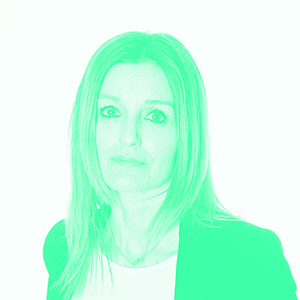
Malena Riudavets
Malena Riudavets is an Industrial Engineer from the Polytechnic University of Catalonia and in recent years has developed her professional career in the cooperative sector. Since 2011, she has held various positions of responsibility, such as President of the teaching cooperative CIDE, currently the oldest in Spain, with 151 members; President of the Union of Worker Cooperatives of the Balearic Islands (UCTAIB) since 2014; 1st Vice-President of the Spanish Confederation of Worker Cooperatives (COCETA), since 2019 and President of the Federation of Cooperatives of the Balearic Islands, which encompasses the entire cooperative sector of the Islands including agri-food, consumer and worker cooperatives. In addition to this, since 2017 she has been a member of the Board of COOPERATIVAS EUROPE, representing COCETA, and in the same year she became a member of the gender committee of the International Cooperative Association (ICA).
Resources
Click on the button below to access all the materials and expert interventions from this edition.

